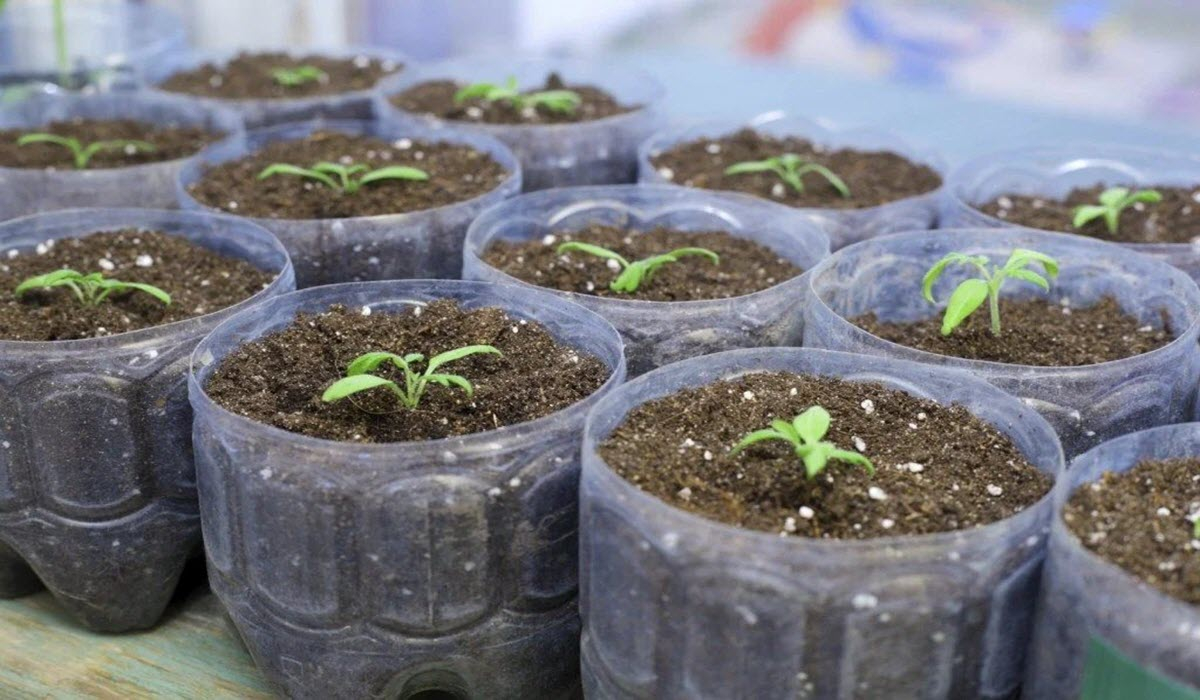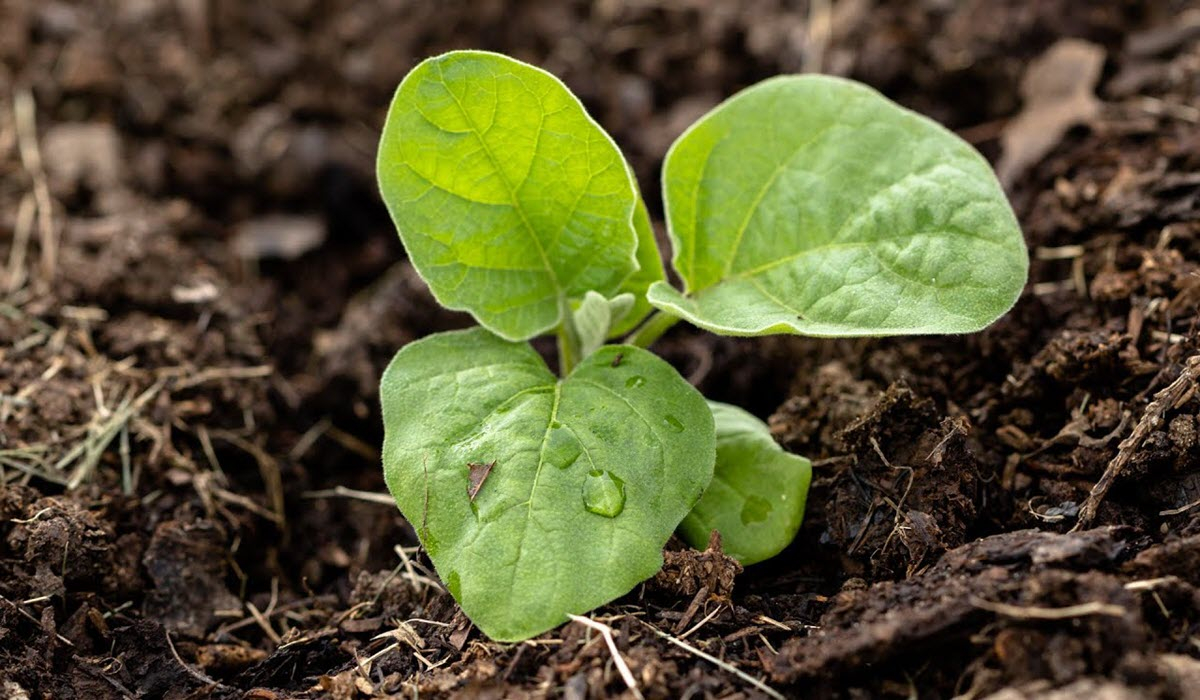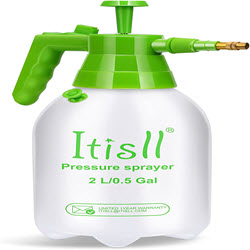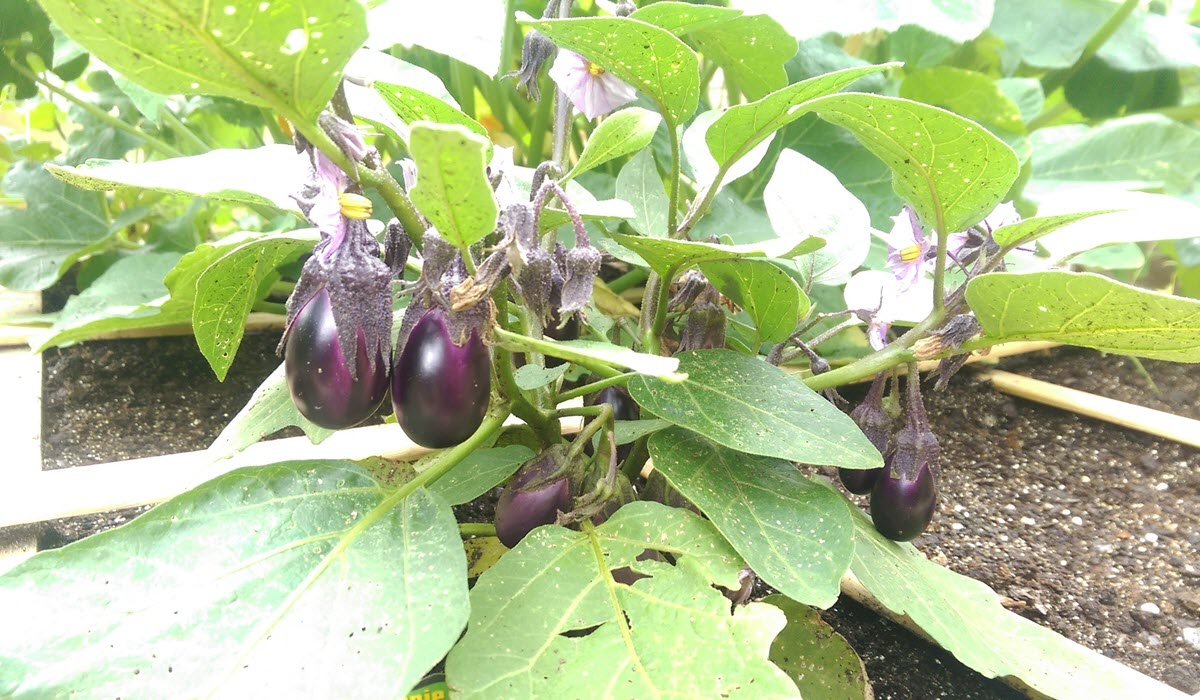Eggplant, also known as aubergine, is a versatile and delicious vegetable that is rich in minerals and vitamins. It is easy to grow and can be cultivated in most climates. In this article, we will guide you on How long eggplants take to grow, How many eggplants do you get from one plant, How long do eggplants plants live, and how to grow eggplant from seed to harvest at home garden.

Choose the Right Variety

There are many different varieties of eggplant available to grow eggplant, each with its own unique characteristics. Choose a variety that is suited to your climate and growing conditions. Some popular eggplant varieties include Black Beauty, Japanese eggplant, Fairy Tale Eggplant and Rosa Bianca.
Prepare the Soil
Eggplant grows best in well-draining soil that is rich in organic matter. Prepare the soil by adding compost or well-rotted manure, and ensure that the soil is well-draining.
Start Seeds Indoors

Start eggplant seeds indoors about 6-8 weeks before the last expected frost date in your area. Sow the seeds in containers or in pot and keep them in a warm, sunny location. When the seedlings have developed their second set of leaves, they are ready to be transplanted.
Transplant Seedlings to Grow Eggplant

Once the seedlings are large enough, transplant them to their final location in the garden. Space the plants about 2-3 feet apart and ensure that they have plenty of room to grow.

|
Garden Pressure Pump SprayerITISLL Manual Garden Sprayer Hand Lawn Pressure Pump Sprayer Safety Valve Adjustable Brass Nozzle 0.5 Gal 2L |
Water Regularly

Eggplant requires regular watering to ensure that the soil remains moist but not waterlogged. Water the plants deeply once a week, or more frequently in hot weather.
Fertilize Regularly
In Eggplant growing stages, It requires regular fertilization to ensure healthy growth and development. Apply a balanced fertilizer every 2-3 weeks during the growing season.
Harvest

Eggplants can be harvested when they are mature and have reached their full size. To harvest, use a sharp knife or shears to cut the stem of the fruit close to the plant.

|
5 pack Garden Pruning Shears Stainless Steel Blades5 pack Garden Pruning Shears Stainless Steel Blades, Handheld Scissors Set with Gardening Gloves,Heavy Duty Garden Bypass Pruning Shears,Tree Trimmers Secateurs, Hand Pruner |
Diseases Attack in eggplant and its Solution

Verticillium Wilt: This is a fungal disease that causes yellowing and wilting of the leaves. The disease can also affect the stem and cause it to turn brown or black. To prevent this disease, use disease-resistant varieties and practice crop rotation for healthily grow eggplant.
Anthracnose: This is a fungal disease that affects the fruit of the eggplant, causing it to become sunken and develop dark spots. To prevent this disease, use disease-resistant varieties and practice good garden sanitation.
Bacterial Wilt: This is a bacterial disease that causes the leaves of the eggplant to wilt and turn yellow. The disease can also affect the stem and cause it to ooze sticky sap. To prevent this disease, use disease-resistant varieties and practice good garden sanitation.
Fusarium Wilt: This is a fungal disease that causes the leaves of the eggplant to wilt and turn yellow. The disease can also affect the stem and cause it to turn brown or black. To prevent this disease, use disease-resistant varieties and practice crop rotation.
Powdery Mildew: This is a fungal disease that affects the leaves of the eggplant, causing them to develop a powdery white coating. To prevent this disease, plant eggplants in a location that receives good air circulation and avoids overwatering.
Health Benefits of Eggplant

Rich in Nutrients: Eggplants are a good source of fiber, and vitamins, including vitamin C, vitamin K, vitamin B6, folate and potassium.
High in Antioxidants: Eggplants have antioxidants, such as anthocyanins, which gives protection to the human body against cellular damage caused by free radicals.
Promotes Digestive Health: Eggplants are high in fiber, They promote healthy digestion and prevent constipation.
Helps Lower Cholesterol: The fiber and antioxidants in eggplants can help to lower cholesterol levels, which in turn can help to reduce the risk of heart disease.
May Help Manage Blood Sugar: Eggplants contain a compound called chlorogenic acid, which has been shown to help regulate blood sugar levels and improve insulin sensitivity.
Supports Brain Health: Eggplants contain nutrients that can help to protect the brain from age-related damage, and may even help to improve cognitive function.
Promotes Weight Loss: Eggplants are low in calories and high in fiber, making them a great addition to a natural weight loss diet.
In conclusion, growing eggplant is a rewarding and easy process. By following the above tips, you can ensure healthy and productive eggplant plants that will provide a bountiful harvest of delicious and nutritious vegetables for you and your family to enjoy.

